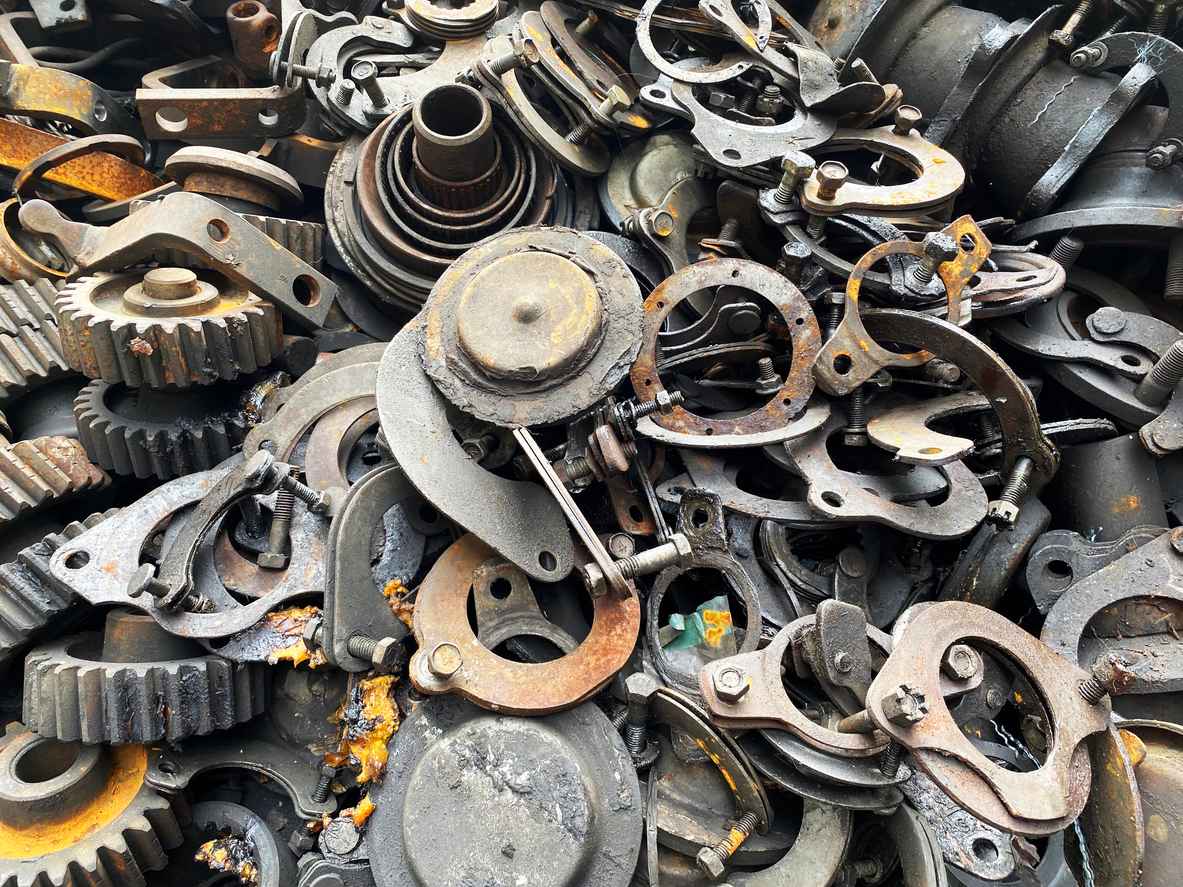987 Long Island Avenue, Deer Park, NY 11729
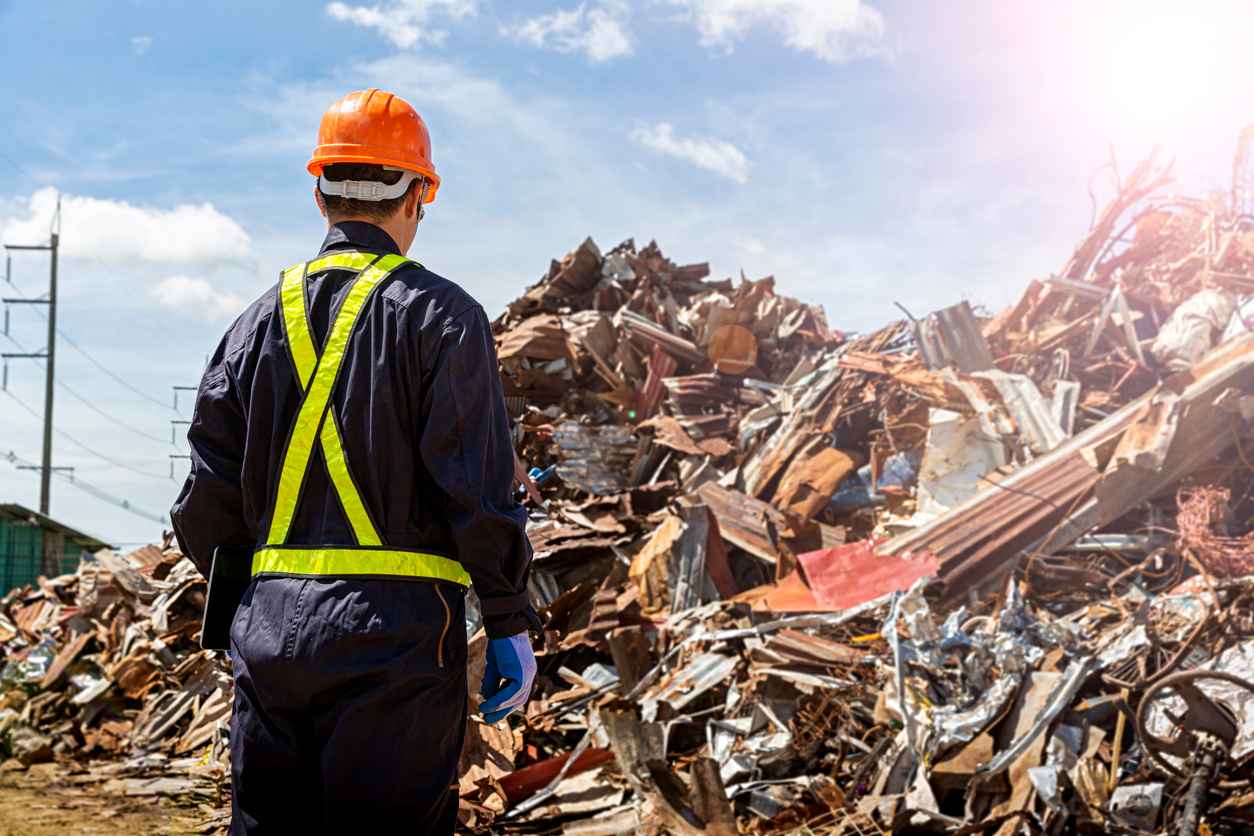
Safety Tips for Handling and Transporting Scrap Metal
March 27, 2025
Scrap Metal Safety 101: Protect Yourself While Recycling
Scrap metal recycling is an excellent way to earn extra cash while helping the environment. However, handling and transporting scrap metal comes with risks if proper safety measures aren’t followed.
At Long Island Metals in Deer Park, NY, we prioritize safety to ensure a smooth and accident-free recycling process. Whether you’re a homeowner clearing out old metal or a business managing large quantities of scrap, these essential safety tips will help protect you and those around you.
1. Wear Proper Protective Gear
Handling scrap metal can expose you to sharp edges, rust, and other hazards. Always wear:
- Heavy-duty gloves to protect against cuts and punctures.
- Safety goggles to shield your eyes from flying debris.
- Steel-toe boots for foot protection against heavy objects.
- Long sleeves and durable pants to minimize skin exposure.
2. Sort and Store Scrap Metal Safely
To prevent injuries and make transportation easier, properly sort and store your scrap metal:
- Keep sharp or jagged pieces in a separate, secure container.
- Store heavy items low to the ground to prevent tipping hazards.
- Avoid stacking unstable loads that can shift and fall.
- Separate ferrous metals (magnetic) from non-ferrous metals to maximize value and ease processing.
3. Use the Right Tools and Equipment
Lifting and moving scrap metal improperly can lead to strains, sprains, or serious injuries. Use:
- Dollies or hand trucks for transporting heavy pieces.
- Magnets to quickly identify ferrous metals.
- Straps or tie-downs to secure loads when transporting scrap.
- Proper lifting techniques (bend your knees, not your back) to reduce injury risk.
4. Be Aware of Hazardous Materials
Some scrap metals may contain hazardous materials that require special handling, such as:
- Lead-based metals (found in old pipes and batteries) which can be toxic.
- Asbestos-coated materials (sometimes found in older structures) that pose serious health risks.
- Pressurized containers or tanks that must be emptied and depressurized before recycling.
If you’re unsure about certain materials, contact Long Island Metals for guidance.
5. Secure Your Load for Transport
When transporting scrap metal to a recycling center, proper load securing is essential to prevent accidents:
- Use ratchet straps or chains to keep items from shifting.
- Cover the load with a tarp or net to prevent debris from flying out.
- Drive cautiously and avoid sudden stops or sharp turns.
6. Follow Local Recycling Regulations
Each state and recycling center has specific rules about scrap metal disposal. At Long Island Metals, we follow all local regulations to ensure safe and responsible recycling. Check with us before bringing in large or unique materials.
7. Work with a Trusted Scrap Metal Recycler
Choosing a reliable and experienced scrap metal recycling facility like Long Island Metals ensures your materials are handled safely and responsibly. We offer:
- Safe unloading and processing to minimize risks.
- Pickup services for large loads or heavy machinery.
- Fair and transparent pricing for all types of scrap metal.
Stay Safe and Recycle Smart With Long Island Metals
By following these safety tips, you can make the scrap metal recycling process efficient and injury-free. Whether you’re handling a small load or transporting large quantities, safety should always come first. Long Island Metals in Deer Park, NY, is here to help you recycle safely and profitably.
Contact us today at (631) 940-7555 or visit us to learn more about our services and safety guidelines!
Recent News
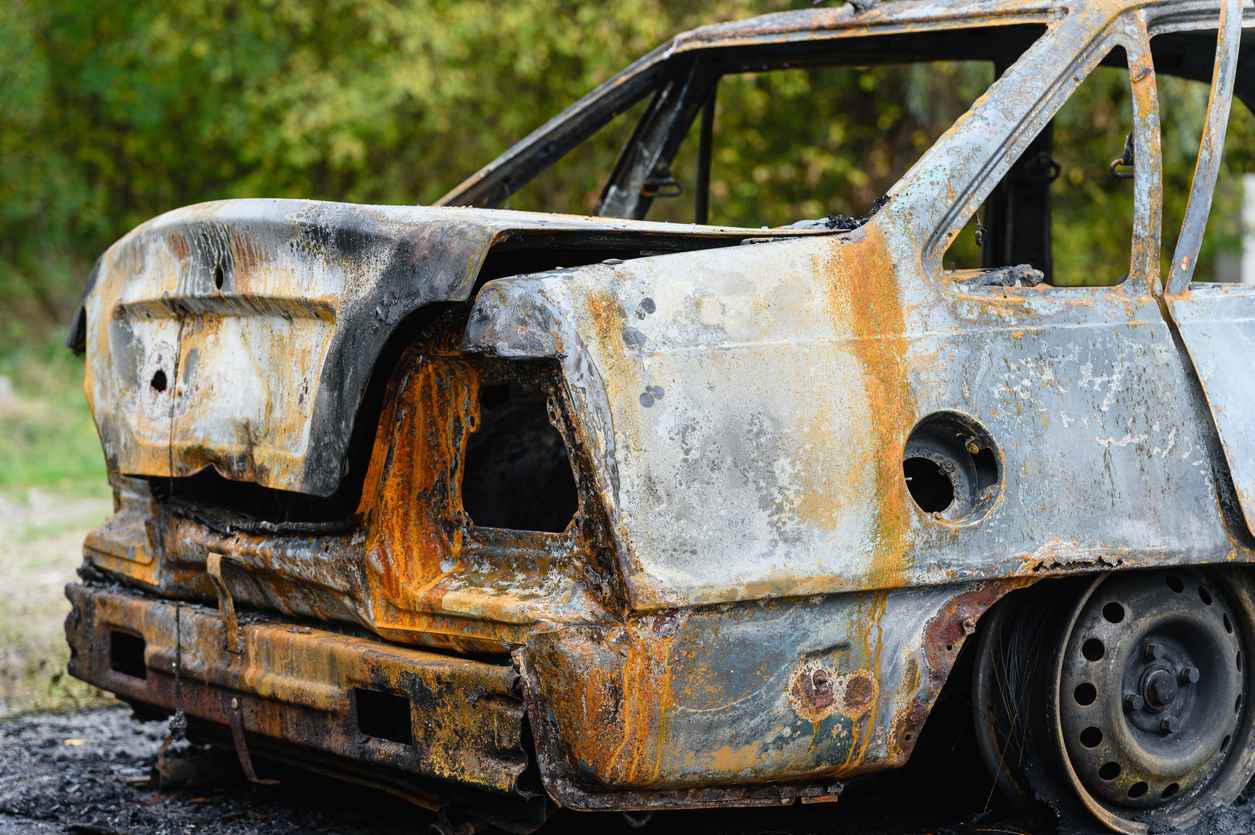
What Can I Do With My Old Junk Car?
December 31, 2025
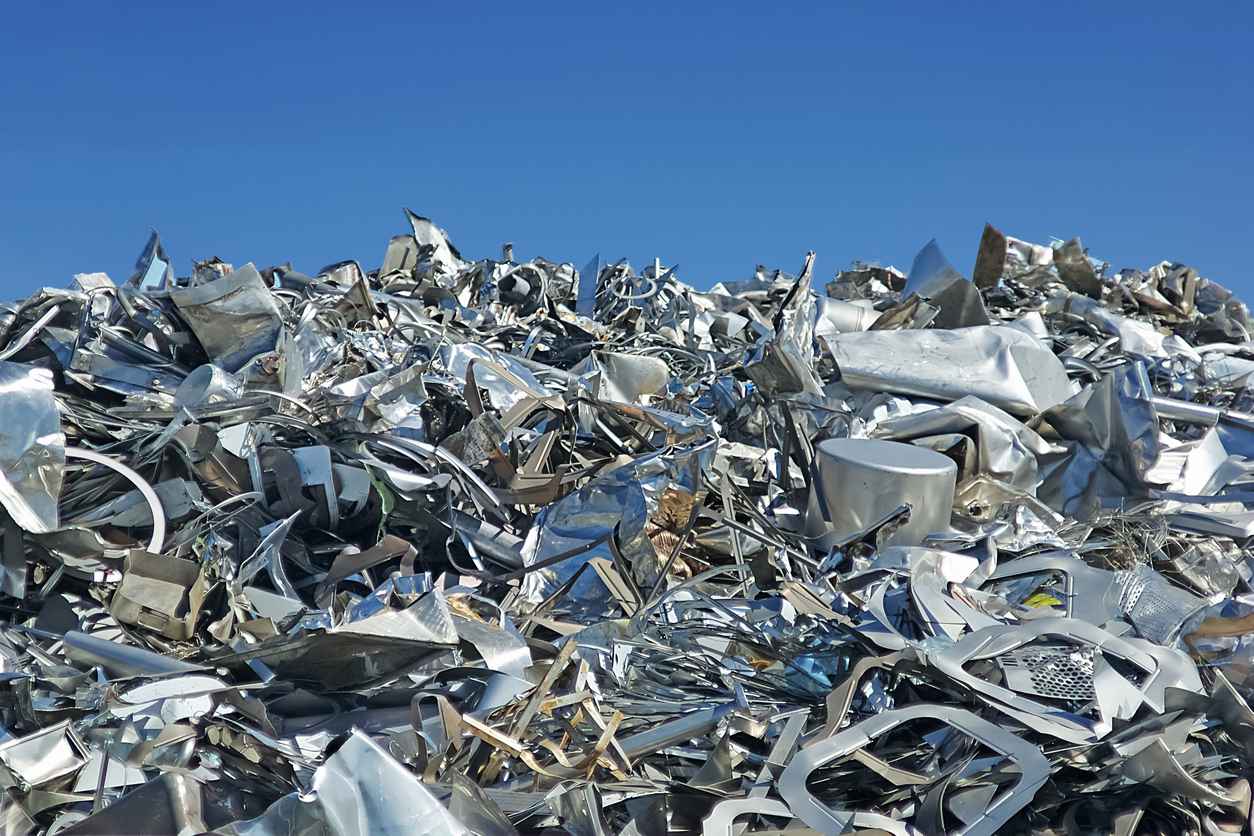
A Beginner’s Guide to Scrap Metal Recycling on Long Island
October 1, 2025
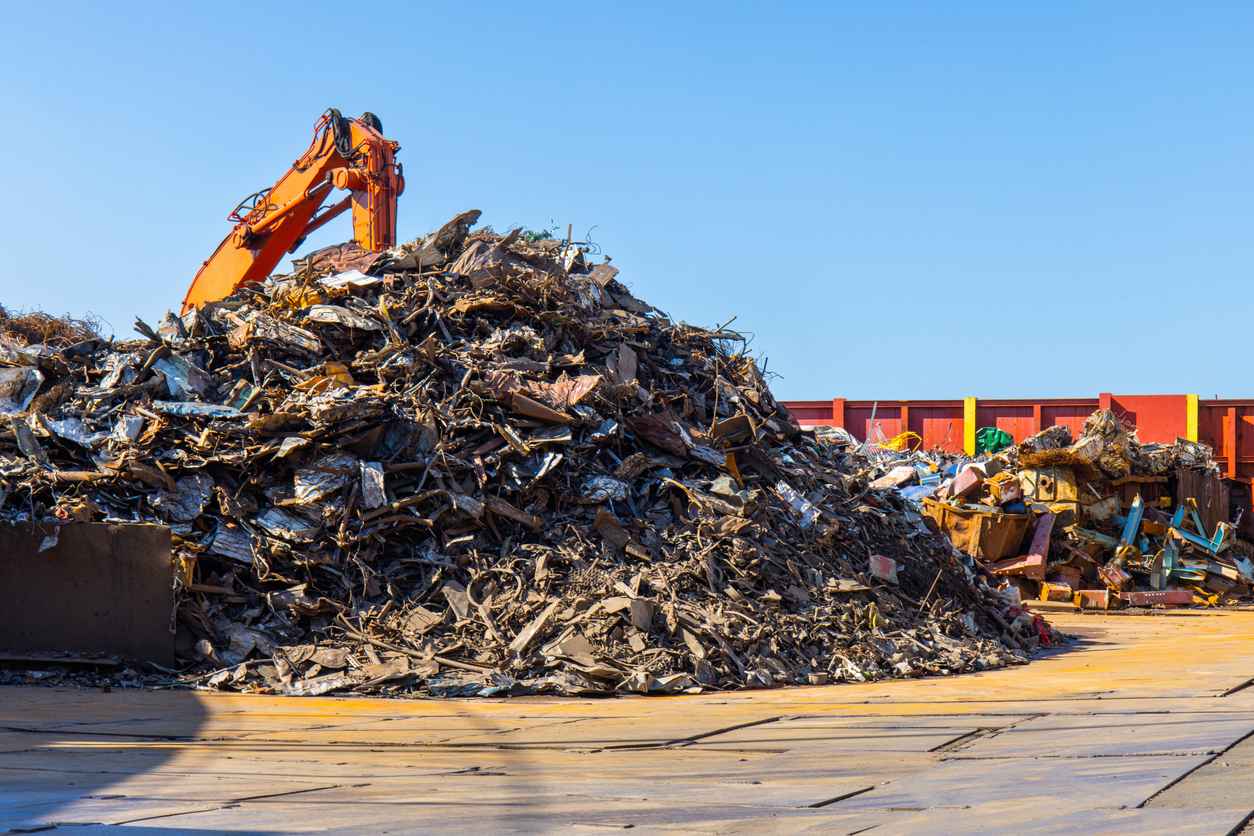
The Economic Impact of Scrap Metal Recycling in New York
June 30, 2025
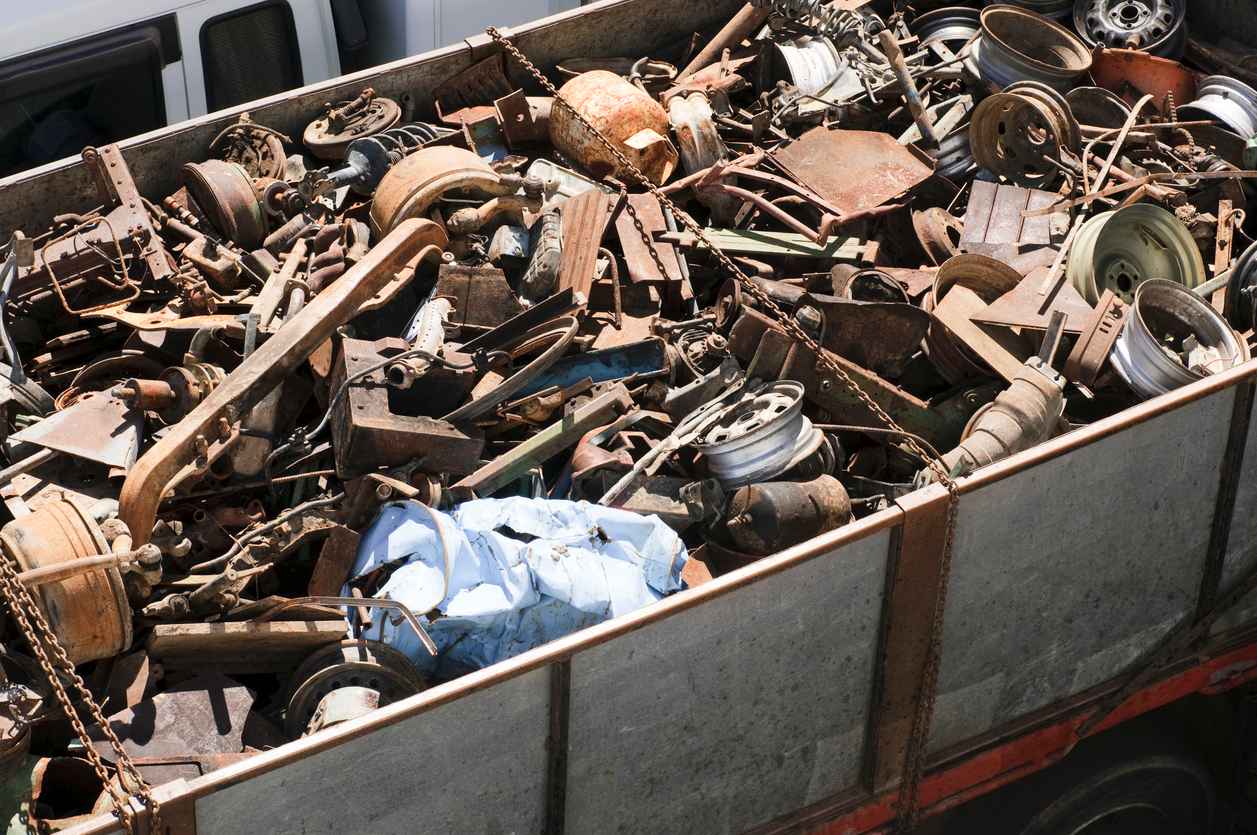
List of Scrap Metal Items to Recycle with Metal Recycling Services
December 30, 2024
